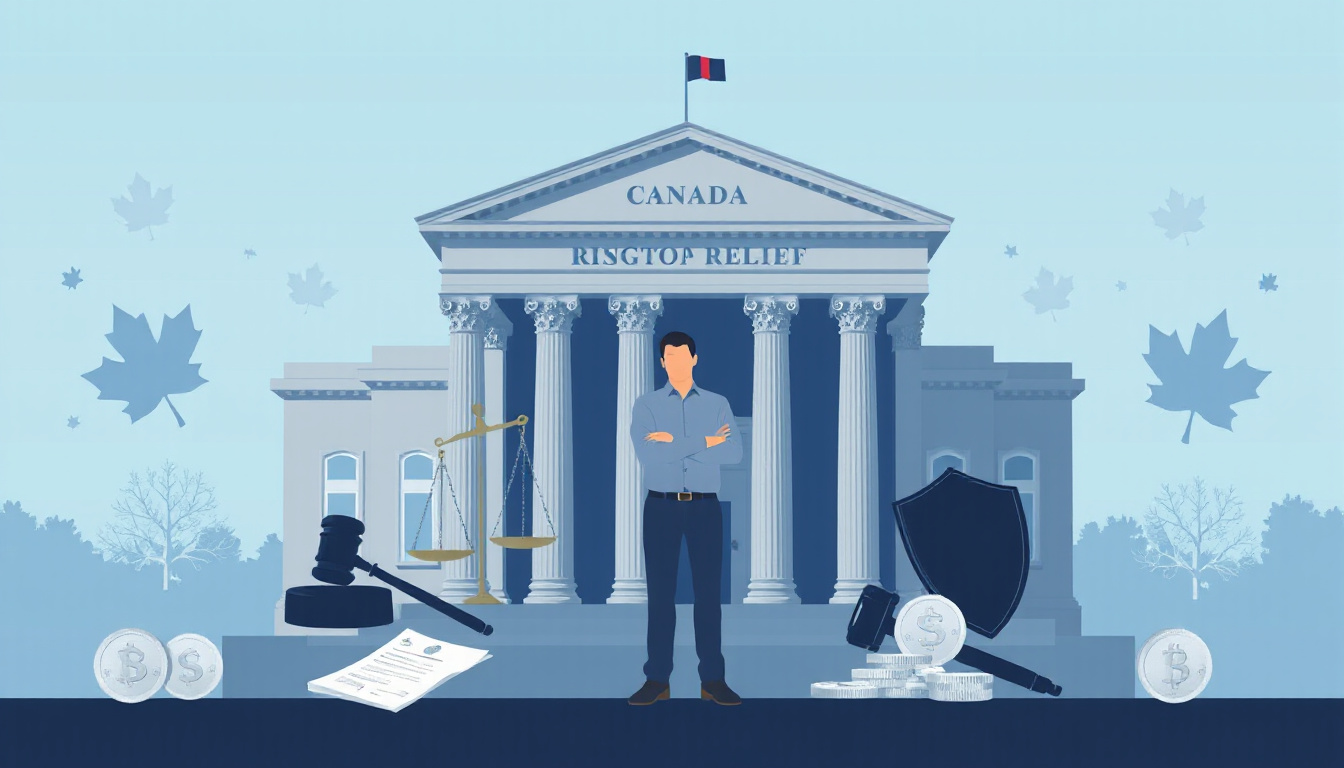When you’re struggling with debt, facing a lawsuit from a loan provider can be a distressing experience. Many Canadians wonder, ‘Can loan providers sue me?’ Understanding the legal process, your rights, and the options available to you is crucial in navigating these challenging situations. This guide will break down how loan providers can initiate legal action against you, outline your rights in such cases, and explore effective strategies for responding to a lawsuit. By arming yourself with knowledge, you can take proactive steps towards resolving your debt issues and safeguarding your financial future.

Key Takeaways
- Loan providers can indeed sue you for unpaid debts, initiating a legal process that can impact your credit and finances.
- You have rights under the law when faced with a lawsuit from loan providers, including the right to be notified and to defend yourself.
- Understanding the legal procedures involved can help you prepare for a potential lawsuit and its implications.
- Exploring negotiation options with loan providers can lead to settlements or repayment plans that may be more manageable for you.
- Developing defense strategies is crucial for contesting a lawsuit, and seeking legal advice can enhance your position in court.
Understanding the Legal Process: How Loan Providers Can Sue
If you’re struggling with debt in Canada, you might be asking yourself, ‘Can loan providers sue me?’ The answer is yes, loan providers do have the legal right to sue borrowers who fail to repay their loans. When payments are missed, lenders may initiate legal proceedings to recover the outstanding debts. This process typically begins with the loan provider attempting to collect the debt through various means, including phone calls and letters. If these attempts are unsuccessful, they may escalate by filing a lawsuit in court. It’s important to understand that if a lender wins the judgment against you, they can seek other legal remedies, such as garnishing your wages or placing a lien on your property. Therefore, acknowledging your financial situation early and exploring debt management options can help mitigate these risks. Always consider speaking with a financial advisor or a debt relief specialist to discuss your specific circumstances and options to avoid potential legal action.
Your Rights When Facing a Lawsuit from Loan Providers
When dealing with financial struggles and mounting debt, many Canadians find themselves asking, ‘Can loan providers sue me?’ Understanding the legal landscape surrounding debt collection is crucial. In Canada, yes, loan providers can indeed pursue legal action to recover outstanding debts. However, they must follow specific regulations and guidelines set forth by provincial laws. This process typically begins after a series of collection attempts and usually results in a civil lawsuit if the debtor does not respond. It’s essential to recognize that if you are facing a lawsuit, you have rights that protect you during this process. For instance, you have the right to be informed about the debt and the exact amount owed, as well as the right to defend yourself in court. It’s advisable to consult with a legal professional or a qualified credit counsellor who can help you understand your options, including negotiating a settlement or possibly exploring debt relief solutions like consumer proposals that can help you regain control of your financial situation.
‘Injustice anywhere is a threat to justice everywhere.’ – Martin Luther King Jr.

Options for Responding to a Lawsuit: Negotiation and Defense Strategies
When faced with the alarming question, ‘Can loan providers sue me?’ it’s crucial for Canadians to understand their options. Loan providers can indeed take legal action if debts remain unpaid; however, several strategies exist for responding effectively. One of the most common approaches is negotiation. Engaging in conversations with your lender can sometimes lead to favorable settlement terms, such as reduced payments or extended timelines. Always document these discussions to ensure clarity and accountability. On the defensive front, should a lawsuit be filed, it’s essential to respond promptly. Consult with a financial advisor or lawyer who can guide you through the nuances of your case, possibly identifying defenses such as improper claims or errors in the lender’s documentation. Both strategies—negotiation and strong defense—can help mitigate the financial stress of legal proceedings and pave a pathway towards resolution.
